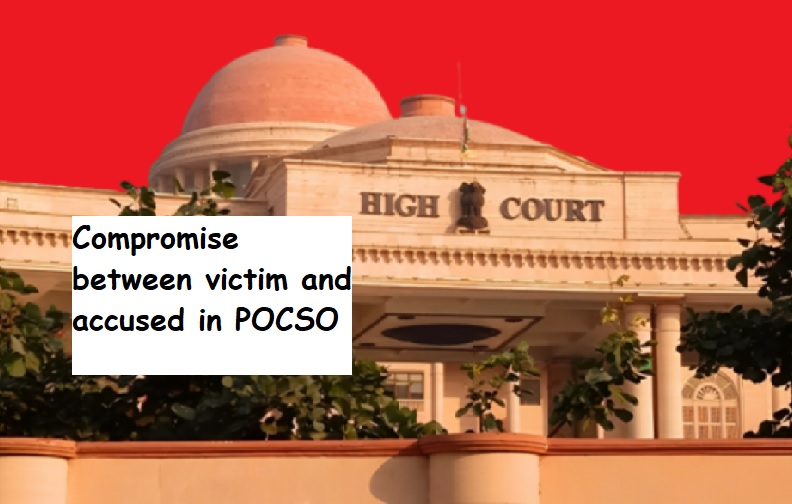


The Himachal Pradesh High Court has issued a noteworthy ruling concerning cases under the Protection of Children from Sexual Offences Act (POCSO). The court asserted that such cases could be quashed if a genuine compromise is reached between the victim and the accused, leading to a happy married life. This decision emerged in response to a reference from a single Judge of the Court who inquired whether the High Court could use its powers under Section 482 of the Criminal Procedure Code (CrPC) to quash an FIR based on a compromise in a POCSO case.
The Division Bench, comprised of Justices Tarlok Singh Chauhan and Satyen Vaidya, opined that in instances where the victim had initially alleged sexual assault but later settled the dispute by marrying the accused and leading a peaceful life, the court might not allow the prosecution to proceed. The rationale behind this perspective was to avoid disturbing the harmony of their happy family life.
The case in question revolved around a man accused of sexual assault under the POCSO Act. However, the victim, now the man's wife, and her family had reconciled and resolved the dispute amicably. Their commitment to a new life together culminated in their marriage. The Single Judge, while considering the plea to quash the FIR based on compromise, had initially held that the compromise between the child victim, her parents, and the petitioner was inconsequential. Emphasizing the gravity of offenses under the POCSO Act, the court highlighted that such crimes are against the State, and private parties cannot compromise the matter.
Due to conflicting judgments by coordinate benches of the court and other high courts in the country, the single judge referred the matter to the Chief Justice for resolution by a larger bench.
The Division Bench conducted a comprehensive analysis, exploring the nature and scope of inherent powers under Section 482 of the CrPC and Section 320 CrPC, which deals with compounding of offenses. The court referred to significant decisions, including B. S. Joshi vs. State of Haryana and Narinder Singh & Ors. vs. State of Punjab, establishing the High Court's authority to quash criminal proceedings even in non-compoundable offenses.
The Bench emphasized that there should be no rigid interpretation restricting the power of High Courts to do substantial justice. It pointed out that a restrictive construction of inherent powers under Section 482 CrPC could lead to specious justice, and no curtailment, including Section 320(9) of the CrPC, should limit the High Court's power to do complete justice.
Laying down principles to guide the High Court in dealing with settlements in cases involving sexual offenses against women and children, the Bench underscored the need to consider the best interest of the child. The court insisted that when parents or guardians move petitions to quash criminal proceedings based on compromise, the court must assess whether the allegations prima facie constitute the offense, whether the settlement is in the best interest of the minor victim, and whether the continuation of proceedings would adversely affect the well-being of the minor victim.
The Bench cautioned that the court must ensure that marriage is not a pretext to escape punishment, and the victim's consent for compromise is voluntary. It highlighted that the criminal prosecution was initiated because the victim was a child, but she was also in love with the accused. The accused was genuinely interested in marrying the child victim, and indeed, the marriage had taken place. Allowing the prosecution to continue in such a case would disrupt their happy family life, and justice, in these circumstances, would demand that the parties be allowed to compromise.
Consequently, the Division Bench concluded that the single judge's view on the matter was incorrect and set it aside. As a result, the petition was allowed, and the FIR under the POCSO Act was quashed.
TAGS: POCSO Act Quashing of FIR Genuine compromise Happy married life Section 482 CrPC Division Bench